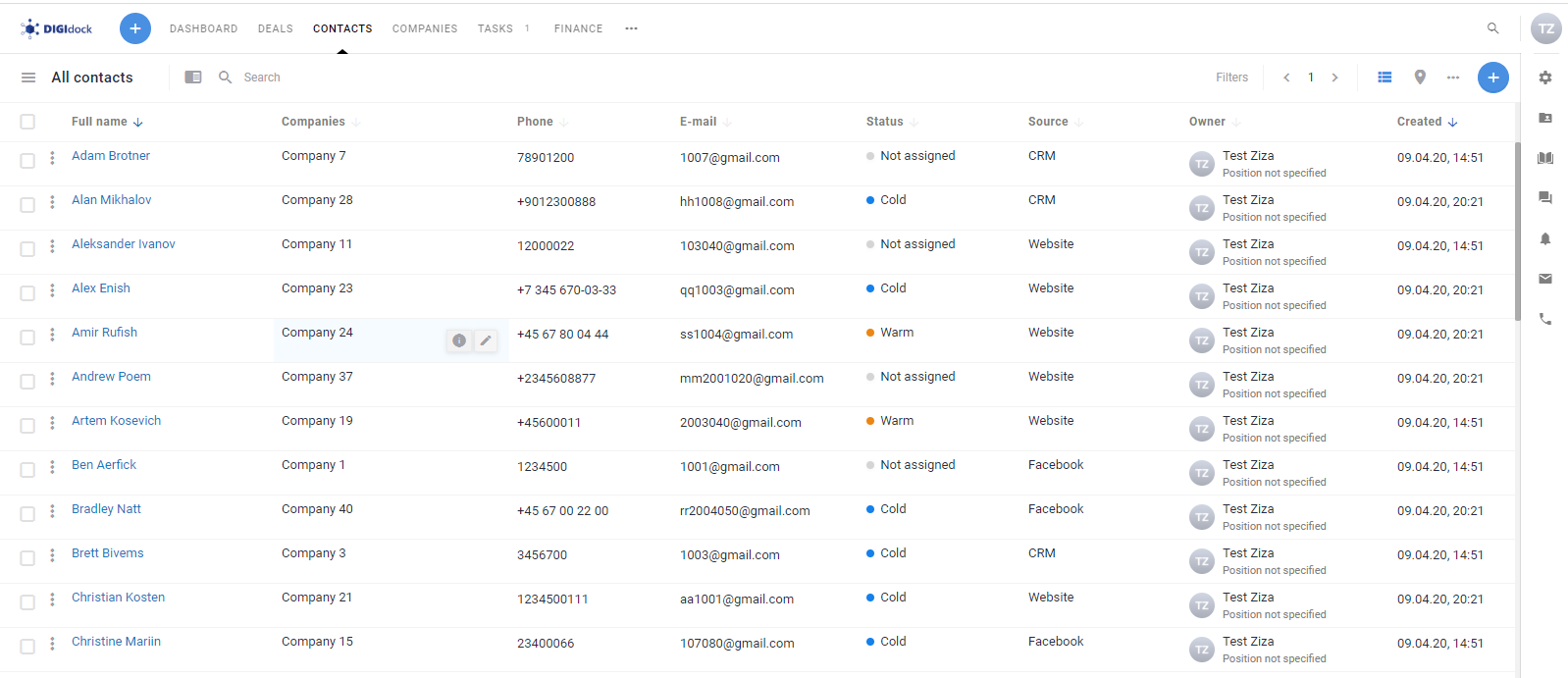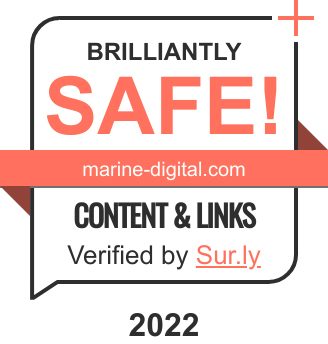We have arranged the facts in the reverse order, in the desire of logistics companies for greater efficiency and profit.
New business models in logistics
Closely linked to the digital disruptions in the industry, the sub-segment of logistics which is facing high competition is 3PL providers. No matter how they are in demand, there are also many new market participants with the best technologies that are fighting for market share. The most famous examples are container exchange, which was created by large carriers and allowed to reduce container costs, empty mileage, expenses for the last mile and the port of Singapore, where with the help of digitalization and removal of administrative barriers, freight turnover between terminals has significantly accelerated.
Digital transformation
Process optimization, efficiency, speed, and deadlines have become key indicators for logistics companies to be competitive in the market. There are several examples of digital transformations in the industry today. The first and most important is the advent of artificial intelligence (AI) and machine learning (ML), which help companies overcome heaps of unstructured data and generate patterns and ideas that help improve performance. The second is the availability of tracking tools that help track the delivery from the facility to the final delivery stage. The third is the rapid increase in the number of 3PL service providers (third-party logistics providers) that help control costs and reduce losses. And finally, the proliferation of autonomous vehicles and robots that allow companies to manage transportation and storage.
Data exchange
There are more than 9 counterparties participate in the supply chain: cargo buyers, cargo owners, agents, stevedores, cargo carriers, shipping companies, banks, insurance brokers, customs and others. Between them circulates a large amount of information and documents for the goods. The transition from paper to electronic exchange is key to speeding up key logistics processes. The presence of automated solutions and API for the exchange between information systems is mandatory for those companies that want to remain competitive and occupy a leading position in logistics.
Changing customer expectations
We call it a chain reaction. Today, manufacturing companies are required to understand the needs of customers in advance and increase the rate of entry into the market. This means that logistics companies around the world need to ensure faster delivery of goods, as well as their flexibility, transparency, and accessibility. It is important to respond quickly to any requests not only from new and existing customers but also from all representatives of the supply chain.
Why do customer’s expectations take precedence over others?
Given the high competitiveness of the global transportation industry, while the affordable price, timely delivery, and acceptance of data can help your business remain competitive, it is truly distinguished by its ability to provide quality services - one who provides high-quality customer service and increases customer loyalty. This allows you to retain customers and attract new ones, thanks to reputation and recommendations.
How can companies ensure that customers remain at the center of their business?
Through the implementation of customer relationship management (CRM) software. Customer relationship management is a necessity for the logistics business, as customer satisfaction and loyalty contribute to the growth and sustainable profitability. Customers look not only at affordable prices and timely delivery but also at the overall quality of interaction, including the quality of information. Forgotten agreements, delays in communication and errors in documents increase your risks and the risks of your counterparties to receive fines and penalties at any stage of the supply chain, it is especially important not to make mistakes in interaction with state authorities and customs. If your customers are unsatisfied, they first stop recommending you, and then they can even go to competitors, as a result, your sales will fall and you have a risk of losing your business. This is critical for a highly competitive transportation industry, where customers are often very selective about logistics service providers (LSPs). Therefore, in order for your customers to be satisfied and gain exceptional experience, you need to expand your business with the help of a reliable CRM solution, which is adapted to the logistics industry.
Using CRM is the best practical approach for a wide range of enterprises, including logistics, transportation, delivery and freight forwarding. This helps to optimize customer service, manage the sales process from application to shipment, identify and retain valuable customers, stimulate unstable customers, keep a relationship history and electronic document management with all counterparties.
7 benefits of using CRM in a logistics company
- A full history of relationships, including documents
- Automation of routine operations, including filling out documents and reports
- Тo errors and maximum quality of service
- Electronic exchange of information and documents with counterparties
- Management analytics for business development
- Great customer loyalty and reputation of your company
- Profit increase without extra costs, fines and penalties
With the help of logistics industry-specific CRM, you can flexibly and quickly plan, design, and implement a number of customer-oriented initiatives: email chains for “cold” customers, sales funnels for new customers, automated workflow for existing customers. All this allows, without attracting additional resources, to process more applications, inform the client more, keep a history of relationships, control the timing and quality of processes in the company and make management decisions based on the data received, which are used in the construction of analytical reports. CRM can be the first step for digital transformation and the opening of new business models that will effectively increase profits.

For example, DIGIdock CRM from Marine Digital, contains all the above described features and allows you to integrate with other systems for electronic data and document exchange via API. DIGIdock CRM automatically draws up documents by template, receives and sends emails, integrates with WMS (Warehouse Management System), TOS (Terminal Operating System) and other accounting systems. It doesn’t matter if this system is developed by Marine Digital or another software provider, you can exchange data and take a big step towards digital transformation and open up new opportunities for your business.











